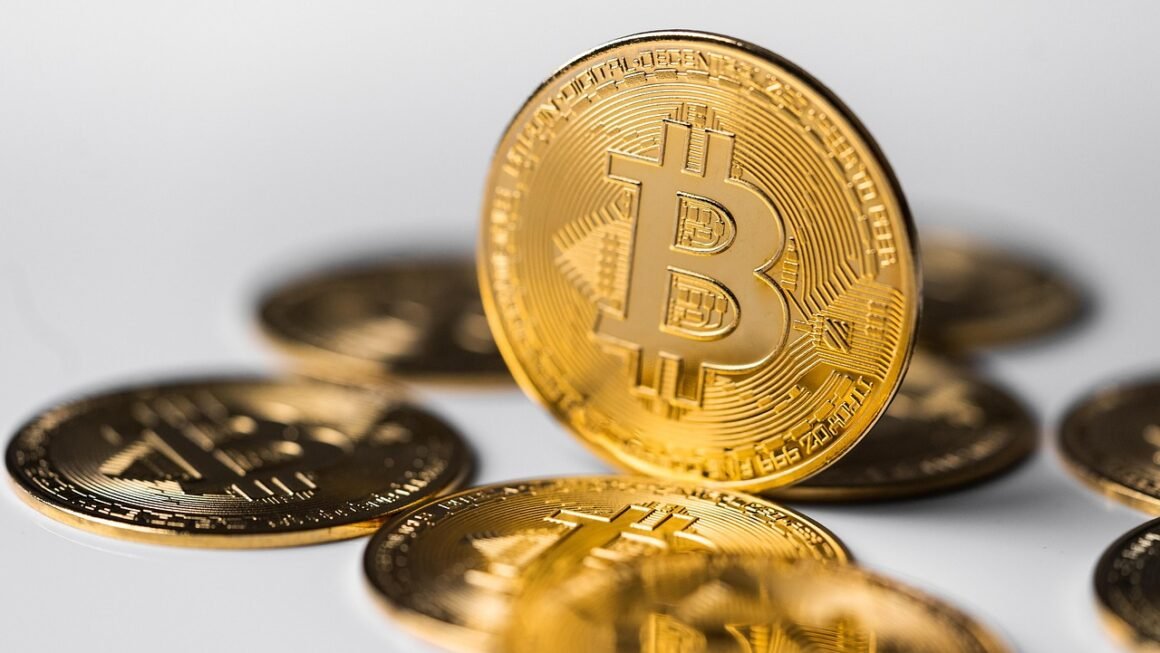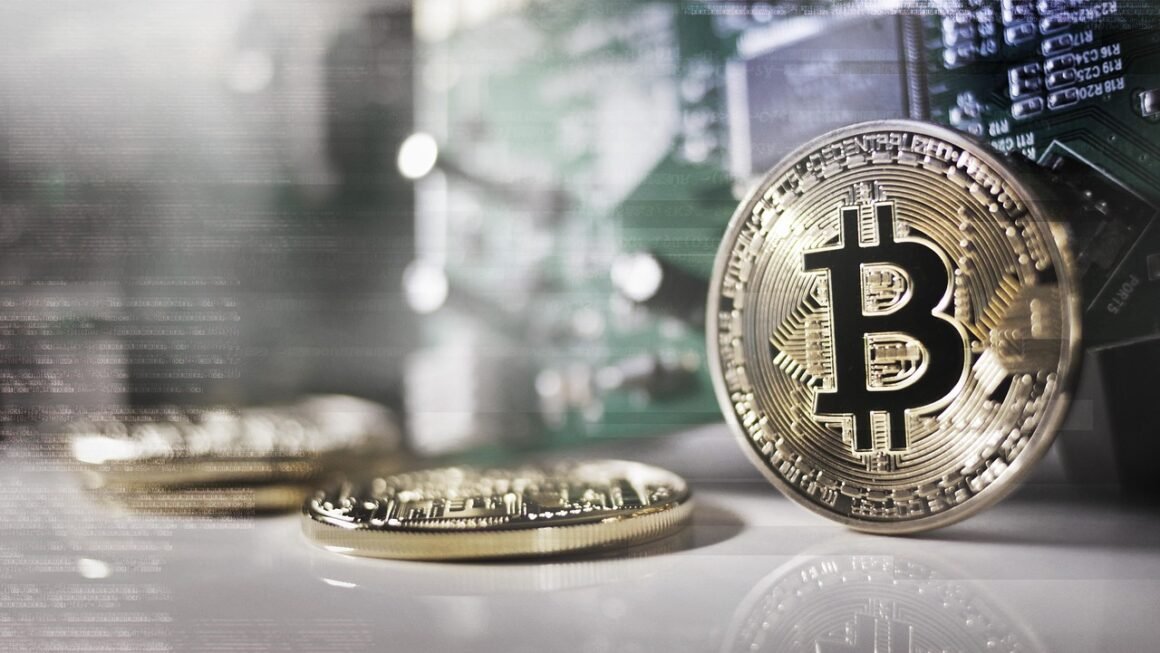Altcoins: Exploring the World Beyond Bitcoin
In the realm of cryptocurrencies, Bitcoin reigns supreme, but a vast universe of alternatives awaits discovery. Aptly termed altcoins, these cryptocurrencies offer unique value propositions, advantages, and challenges compared to their illustrious counterpart. This blog post delves into the world of altcoins, providing a comprehensive overview of their landscape, key types, benefits, risks, and potential impact on the future of digital finance.
## What are Altcoins?
Altcoins are cryptocurrencies other than Bitcoin. Created as alternatives or enhancements to Bitcoin’s protocol, they encompass a diverse array of projects with varying goals, technologies, and applications.
### Key Characteristics of Altcoins
- Decentralization: Many altcoins operate on decentralized networks, giving control to users and eliminating the need for intermediaries.
- Consensus Mechanisms: Altcoins use various consensus algorithms to validate transactions, such as Proof of Work, Proof of Stake, and Delegated Proof of Stake.
- Smart Contracts: Some altcoins support smart contract functionality, enabling the creation of decentralized applications and automated financial transactions.
## Types of Altcoins
The altcoin landscape is vast and diverse, with countless projects categorized into different types based on their functionalities and underlying technologies:
### Stablecoins
- Purpose: Maintain a stable value against fiat currencies or commodities like gold.
- Examples: Tether (USDT), USD Coin (USDC)
### Privacy Coins
- Purpose: Enhance transaction anonymity and privacy.
- Examples: Monero (XMR), Zcash (ZEC)
### Utility Tokens
- Purpose: Provide access to specific products, services, or platforms.
- Examples: Binance Coin (BNB), Ethereum (ETH)
### Governance Tokens
- Purpose: Allow holders to participate in decision-making and the governance of the underlying platform or protocol.
- Examples: Uniswap (UNI), Compound (COMP)
## Benefits and Risks of Altcoins
Benefits of Altcoins
- Diversification: Altcoins offer a broader selection, allowing investors to diversify their cryptocurrency portfolios.
- Innovation: Altcoins often introduce new technologies and use cases, driving innovation in the cryptocurrency space.
- Investment Potential: Some altcoins have experienced significant price appreciation, offering potential financial gains.
Risks of Altcoins
- Volatility: Altcoins tend to be more volatile than Bitcoin, with substantial price fluctuations.
- Security Risks: Altcoins may be more susceptible to hacks and security breaches due to their relative immaturity.
- Regulatory Uncertainty: The regulatory environment for altcoins is constantly evolving, creating potential uncertainty for investors.
## Altcoins in the Future
The future of altcoins remains uncertain, but they have the potential to play a significant role in the evolution of digital finance:
Use Cases for Altcoins
- Cross-border Transactions: Altcoins offer faster and cheaper cross-border transactions than traditional methods.
- Decentralized Finance (DeFi): Altcoins enable the development of decentralized financial applications, such as lending platforms and yield farming.
- Non-Fungible Tokens (NFTs): Altcoins, especially Ethereum, are used to tokenize digital assets and create unique NFTs.
Industry Outlook
- Increased Adoption: Altcoins are gaining traction, with a growing number of merchants and platforms accepting them for payments.
- Regulatory Landscape: Governments worldwide are working on developing regulatory frameworks for altcoins, providing greater clarity and stability.
- Technological Advancements: Continuous technological advancements are expected to enhance altcoin security, scalability, and usability.
## Conclusion
Altcoins are a diverse and rapidly evolving part of the cryptocurrency landscape. They offer a range of benefits and risks compared to Bitcoin, and their future potential is significant. As the industry matures and regulations evolve, altcoins have the potential to drive innovation and transform various sectors of the global economy. Investors should approach altcoin investments with caution, conduct thorough research, and understand the associated risks.



